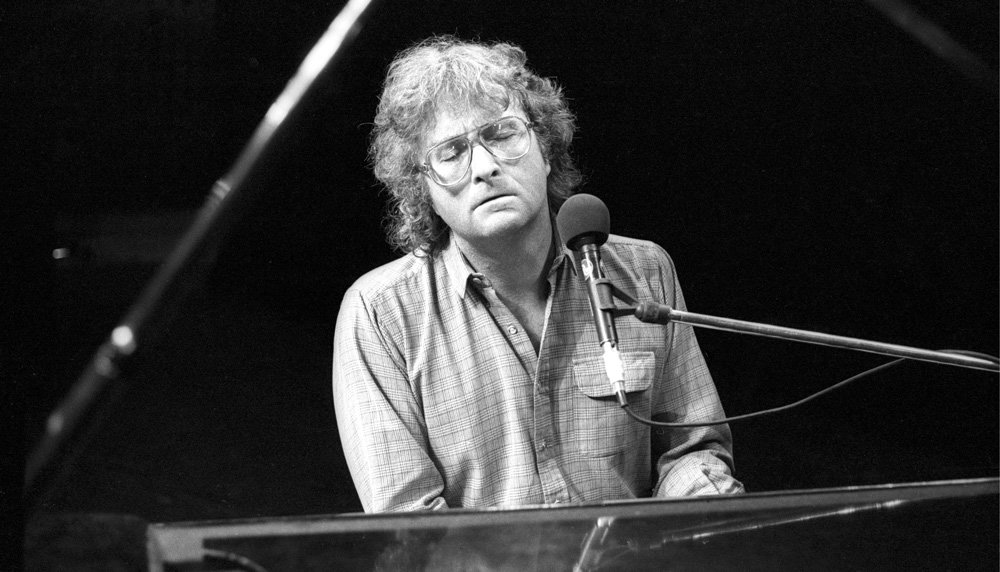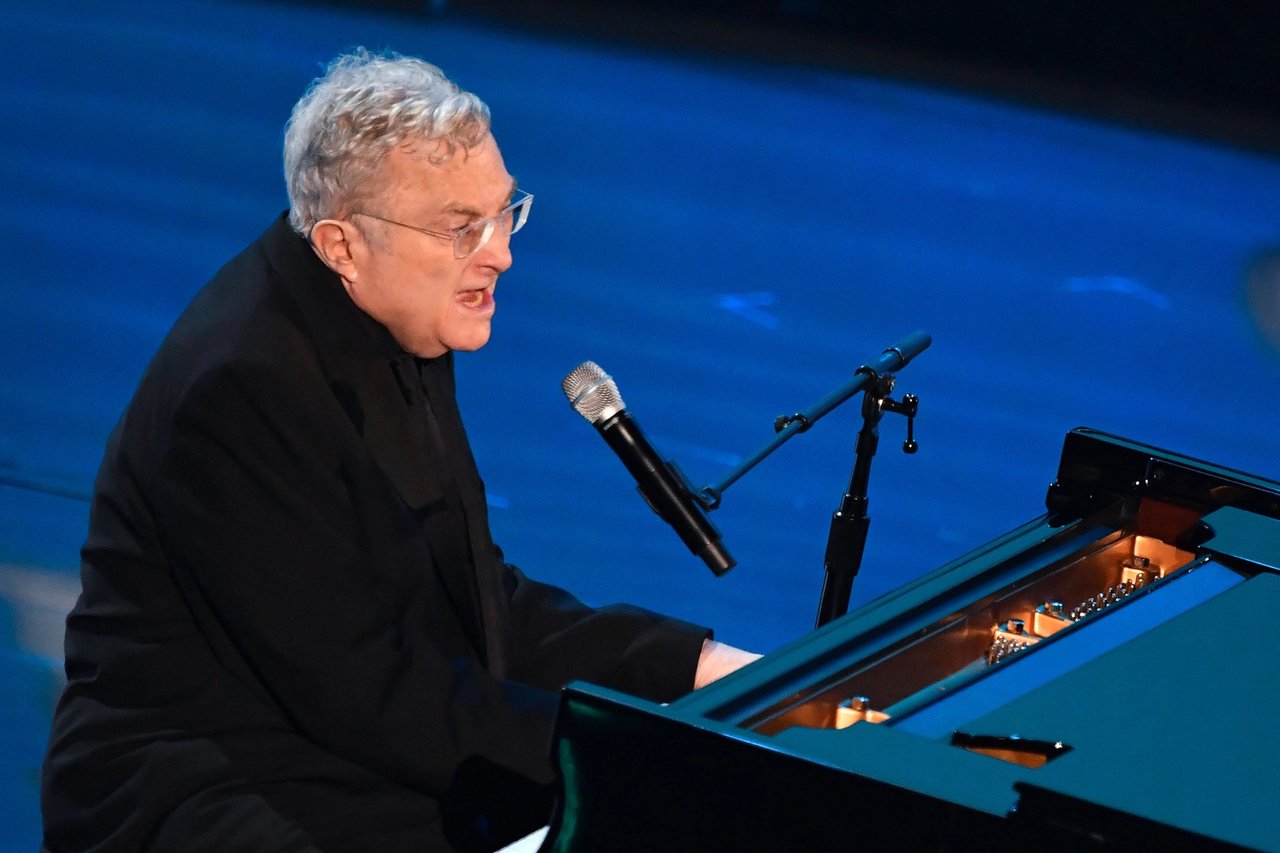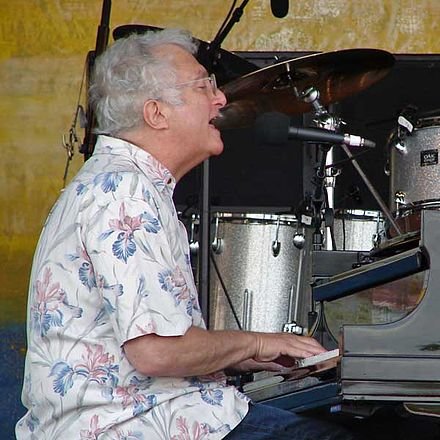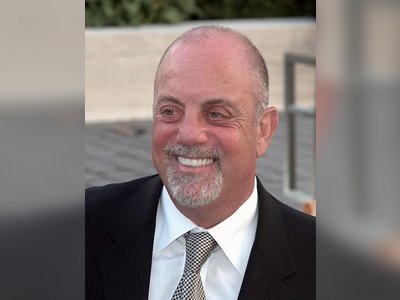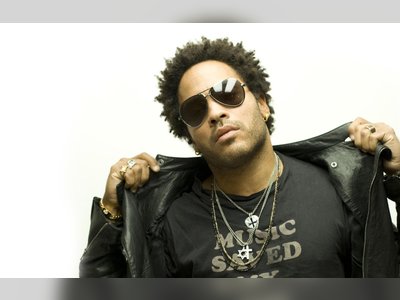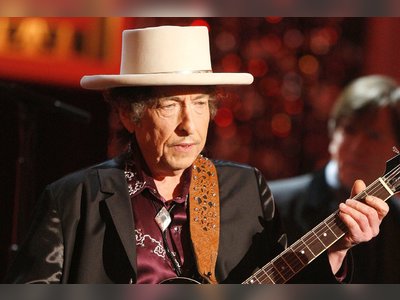Randy Newman: A Musical Maverick
Randy Newman, whose full name is Randall Stuart "Randy" Newman, is a versatile American-Jewish singer, composer, lyricist, music producer, and pianist born on November 28, 1943. He is renowned for his whimsical, sharp, and sometimes biting songs, as well as for his prolific work in composing soundtracks for numerous Hollywood films.
Newman is celebrated for his ability to write lyrics from a perspective vastly different from his own life, often adopting the persona of an unreliable narrator. For instance, his song "Sail Away" was written from the perspective of a slave trader trying to convince slaves to work with him.
The character in the song "Political Science" is an American artist who complains about American generosity towards other countries and offers a ruthless and ironic solution: "Let's drop the big one," referring to dropping an atomic bomb. One of his biggest hits, "Short People," is written from the point of view of a disturbed individual who despises short people.
Since the 1980s, Newman has primarily focused on composing music for films. Some of the notable soundtracks he has composed include "Toy Story," "Meet the Parents," and "Seabiscuit." Newman has contributed to six Pixar films, including three "Toy Story" movies, as well as "A Bug's Life," "Monsters, Inc.," and "Cars."
Throughout his career, Newman has achieved numerous awards, including two Academy Awards, three Emmy Awards, and four Grammy Awards. In 2002, he was inducted into the Songwriters Hall of Fame, solidifying his place in the pantheon of American songwriters.
In April 2013, Randy Newman was inducted into the Rock and Roll Hall of Fame.
Early Life and Family Background
Randy Newman was born into a family of Jewish-American heritage in Los Angeles, California. His mother, Adele "Dixie" (née Fox), worked as a secretary, while his father, George Irving Newman, was an internist and also engaged in songwriting. His uncles, Alfred, Lionel, and Emil, were composers for film, and even his cousins, Thomas and David, as well as his nephew Joey, are involved in film music composition.
In his childhood, Randy's family relocated to New Orleans, Louisiana, where his mother's family resided. He spent part of his formative years in New Orleans, returning to Los Angeles when he was eleven years old. After completing his high school education in Los Angeles, Randy Newman attended the University of California, Los Angeles (UCLA).
Newman has recounted experiences of anti-Semitism during his childhood in the United States. One early memory involves being invited by a girl to a dance at a country club in Los Angeles, only to have the invitation canceled by her father, who explained that Jews were not allowed in the club.
Emergence as a Songwriter
Randy Newman wrote his first song at the age of 17, and his debut performance occurred in 1961 with the song "Golden Gridiron Boy" when he was just 18 years old. Unfortunately, the song did not find success, leading Newman to shift his focus towards songwriting and production.
During this period, he wrote songs performed by artists such as Gene Pitney, Jerry Butler, and Irma Thomas, gaining recognition for his songwriting skills. Some of his songs achieved notable success in the United Kingdom and entered the British pop charts.
In the mid-1960s, Newman briefly joined a band called "The Tikis," later renaming themselves "The Harper's Bizarre." They gained recognition with their 1967 hit "Feelin' Groovy." Although he left the band shortly after, Newman maintained close musical ties with its members, offering them many of his songs for their performances, including "Simon Smith and the Amazing Dancing Bear," which was later also performed by Alan Price and featured on The Muppet Show. Additionally, Newman's song "Happyland" was included in their repertoire.
Debut Album and Early Career
Randy Newman released his self-titled debut album in 1968. While it received critical acclaim, it did not achieve commercial success. Despite this, Newman's unique vocal style and songwriting prowess began to shine through. Notable tracks on the album included the poignant "Davy the Fat Boy" and the moving "Cowboy," both of which garnered attention.
Many artists, including Alan Price, Judy Collins, The Everly Brothers, Dusty Springfield, and Peggy Lee, covered Randy Newman's songs during this period. These covers helped spread his reputation as a talented songwriter.
In 1970, Harry Nilsson recorded an album titled "Nilsson Sings Newman," featuring songs entirely written and composed by Randy Newman. The album's success paved the way for Newman's next release, "12 Songs."
This album marked a departure from his previous musical style, incorporating piano, electric guitar, and other elements that gave it a fresh and invigorating sound. "12 Songs" received critical acclaim and was hailed as one of the best albums of the 1970s by Rolling Stone critic Robert Christgau, but it achieved only moderate commercial success. Nevertheless, several tracks from the album became hits, including "Mama Told Me Not to Come."
In the year following the release of "12 Songs," Randy Newman's live album further solidified his position as a singer-songwriter. His inclusion in Billboard's top 200 sellers list at number 191 marked a significant milestone in his career.
Exploring New Themes and Sound
In 1972, Newman released "Sail Away," an album that reached number 162 on the Billboard charts. The title track, "Sail Away," became part of the repertoires of artists like Ray Charles and Linda Ronstadt. "You Can Leave Your Hat On," written from the perspective of a lustful character, was covered by Joe Cocker, Tom Jones, and others.
Another track, "Lonely at the Top," which portrays the lonely life of a successful pop star, was originally written for Frank Sinatra, who rejected it, believing that the audience wouldn't grasp its irony. Newman offered the song to other artists before ultimately recording it himself. In 1989, it served as the opening theme for the film "Major League."
Two songs on the album, "Political Science" and "God's Song," were provocative and controversial, diverging from Newman's previous work. "Political Science" satirized American jingoism, with lyrics suggesting that the U.S. could solve international problems by dropping an atomic bomb on the rest of the world, except Australia. In "God's Song," which was also performed by Etta James, Newman, adopting the voice of God, mocks religious belief and criticizes humans' misguided faith.
Social and Political Commentary
In 1974, Randy Newman released "Good Old Boys," an album featuring songs that explored the American South's complex racial and cultural issues. The album offered criticism of racism in the South and the biases against Northerners, who labeled all Southerners as racists. The album received both critical acclaim and significant commercial success, reaching number 36 on the Billboard charts and remaining on the charts for 21 weeks.
In 1977, "Little Criminals," Newman's next album, included the controversial hit "Short People." Despite its ironic nature, the song's lyrics, which depicted disdain for shorter individuals, were taken seriously by some listeners, causing a minor uproar. Nevertheless, both the album and the song proved to be commercially successful in Newman's career.
Randy Newman's ability to use music to explore complex social and political issues while maintaining a distinctive, satirical style has solidified his status as a unique and influential figure in the world of American music.
- רנדי ניומןhe.wikipedia.org
